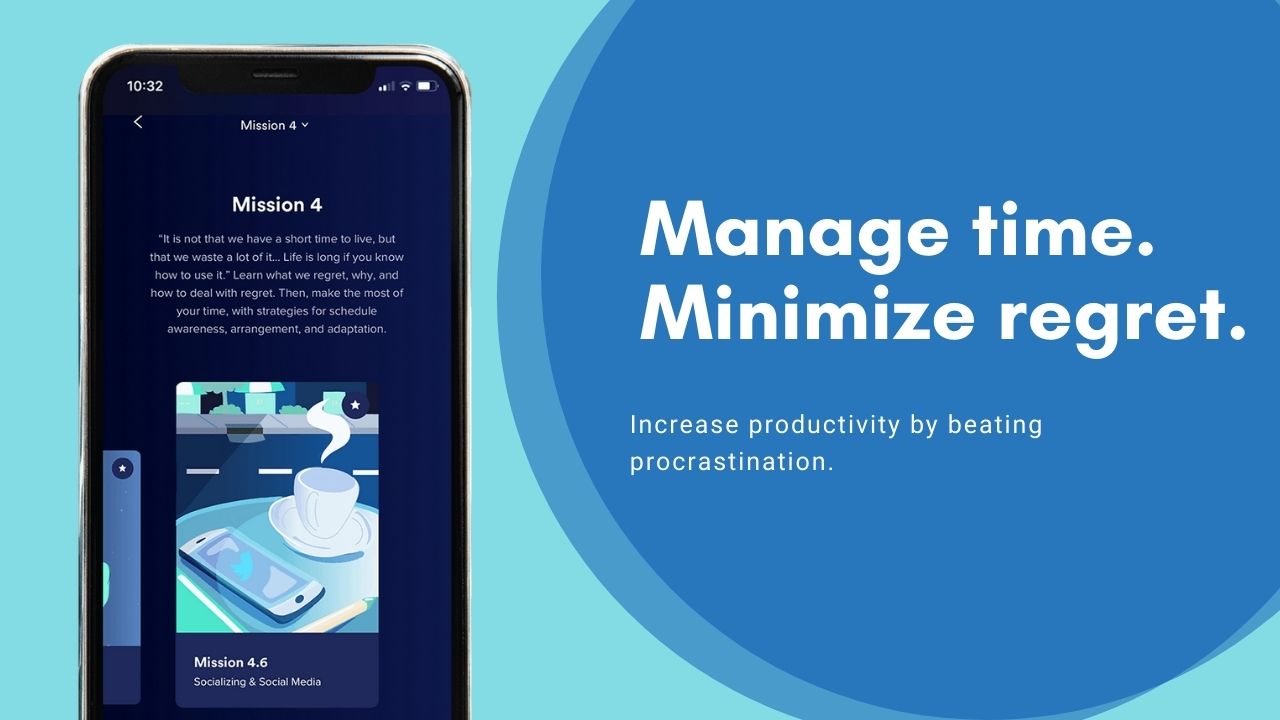
With the new school year quickly approaching, I am sure many of you, as I am, are dreading the start of big assignments and deadlines. It is easy to procrastinate when the workload gets stressful, but LIFE Intelligence can help by giving you the tools to beat procrastination by goal-setting and time-management.

Procrastination is a major problem for students and adults: about 70% of students and 20% of adults admit to being procrastinators (Abdi Zarrin & Gracia, 2020; Gort et al., 2021; Wessel et al., 2019). Oftentimes, people procrastinate even though they know it will be detrimental in the long run, mainly because the work itself is stressful (Blake, 2019; Gort et al., 2021). One of the main reasons people procrastinate is fear of failure (Abdi Zarrin & Gracia, 2020); essentially, we cannot fail something if it does not get done. Although this is an understandable way of thinking when dealing with stress and/or anxiety, it is also an irrational one because not doing the work will also lead to failure. Anxiety, poor self-management, and perfectionism (also linked to a fear of failure) are all common traits that lead to procrastination (Grunschel et al., 2018).

Zimmerman outlines the self-regulatory process in 3 phases (Grunschel et al., 2018):
One of the best ways to improve self-regulation is with metacognition—considering which strategies work best for you (Santelmann et al., 2018). Reflect back on the previous list of strategies and try a few until you find one, or a few, that work best for you and help you be more productive. Metacognitive students have been shown to be more successful, get higher grades, and reach their goals (Santelmann et al., 2018)!

Procrastination is an extremely common habit that we have all given into at one time or another. However, putting off the stress of assignments can lead to increased stress later on with the added pressure of upcoming deadlines. Use these strategies to stop procrastinating and download LIFE Intelligence for more information on how to break down large goals by managing your time efficiently. Mission 3.3 can help you plan for future goals by forming healthy habits, such as beating procrastination, and setting realistic goals.
Abdi Zarrin, S., & Gracia, E. (2020). Prediction of Academic Procrastination by Fear of Failure and Self-Regulation. Educational Sciences: Theory and Practice, 20(3), 34–43. http://dx.doi.org/10.12738/jestp.2020.3.003
Blake, A. (2019). The Procrastination Equation: How to Stop Putting Things Off and Start Getting Stuff Done, Steel, Piers. Performance Improvement, 58(3), 34–37. https://doi.org/10.1002/pfi.21314
Gort, C., Marcusson-Clavertz, D., & Kuehner, C. (2021). Procrastination, Affective State, Rumination, and Sleep Quality: Investigating Reciprocal Effects with Ambulatory Assessment. Journal of Rational-Emotive & Cognitive-Behavior Therapy, 39(1), 58. https://doi.org/10.1007/s10942-020-00353-4
Grunschel, C., Patrzek, J., Klingsieck, K. B., & Fries, S. (2018). “I’ll stop procrastinating now!” Fostering specific processes of self-regulated learning to reduce academic procrastination. Journal of Prevention & Intervention in the Community, 46(2), 143–157. https://doi.org/10.1080/10852352.2016.1198166
Santelmann, L. M., Stevens, D. D., & Martin, S. B. (2018). Fostering Master’s Students’ Metacognition and Self-Regulation Practices for Research Writing. College Teaching, 66(3), 111–123. https://doi.org/10.1080/87567555.2018.1446898
Wessel, J., Bradley, G. L., & Hood, M. (2019). Comparing effects of active and passive procrastination: A field study of behavioral delay. Personality and Individual Differences, 139, 152–157. https://doi.org/10.1016/j.paid.2018.11.020